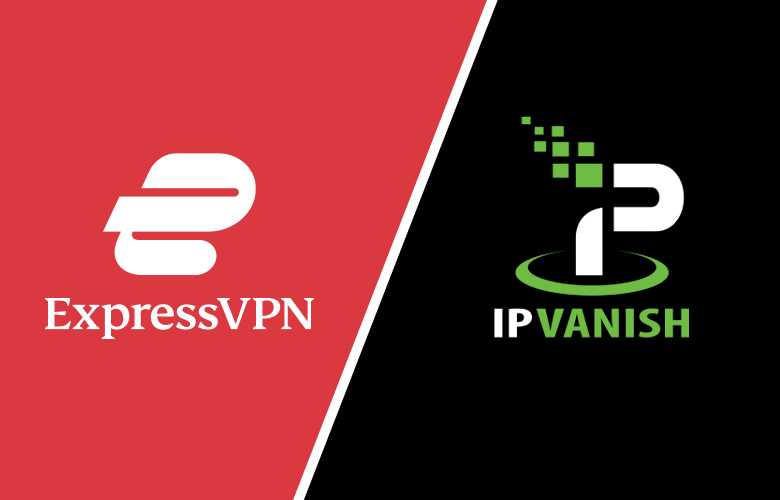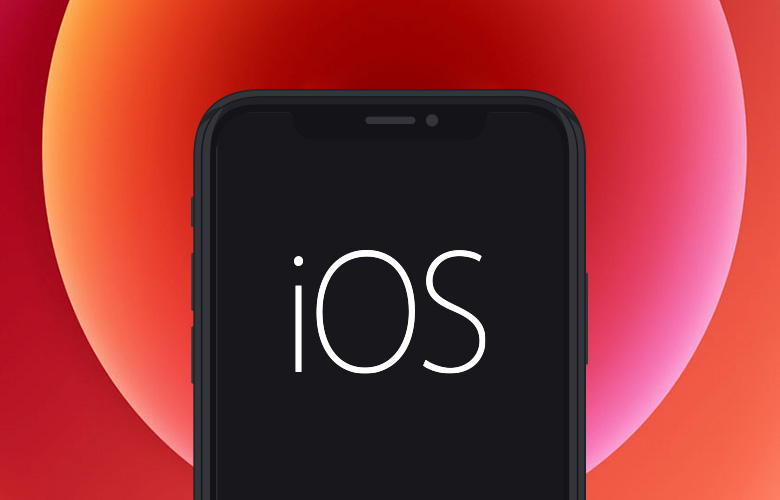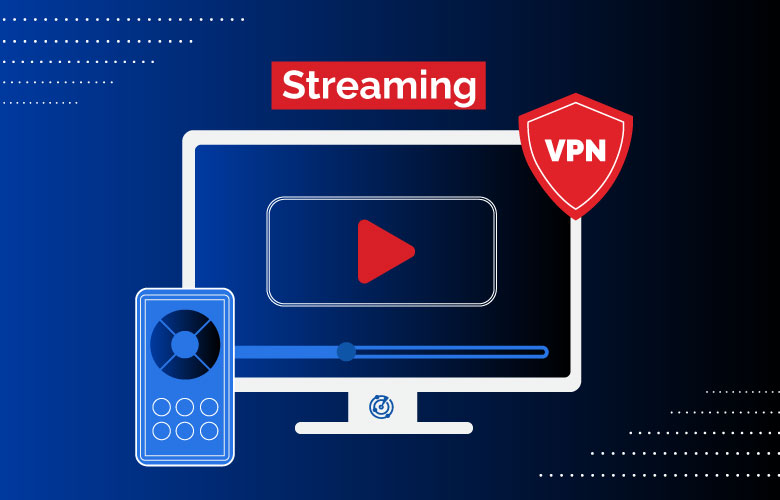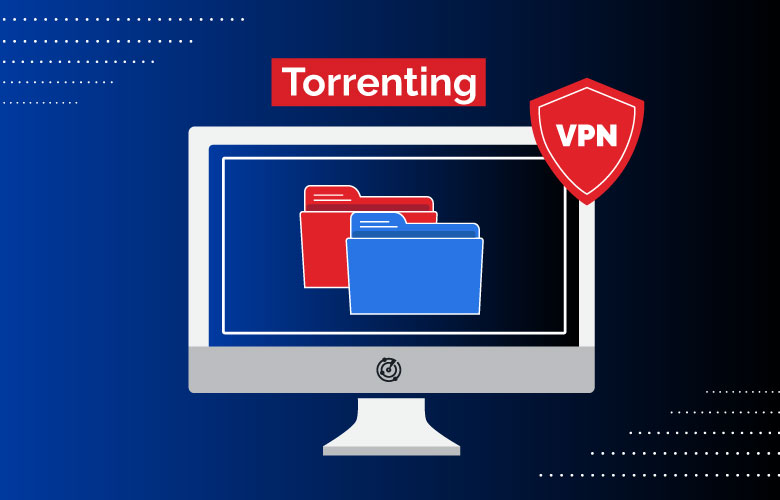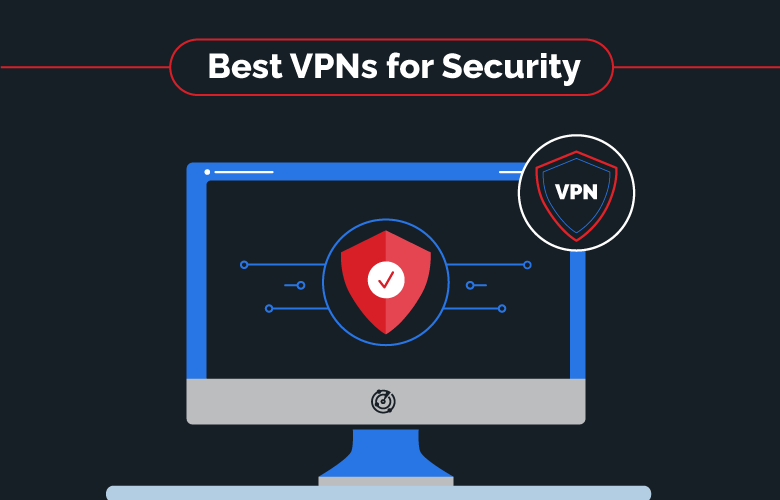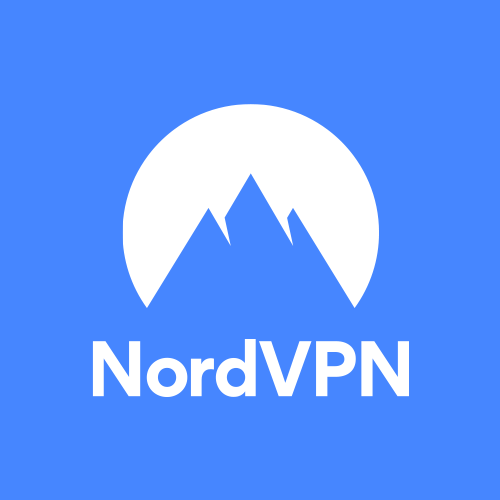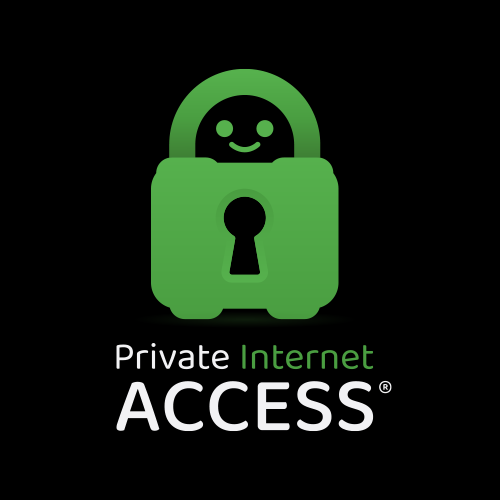Disclaimer: Partnerships & affiliate links help us create better content. Learn how.
If you’re in the market for a good VPN, you’ve come to the right place. We know there are many solid VPN services to choose from, but it’s not easy finding one that checks off all your boxes. In this IPVanish vs ExpressVPN review, we drill into exactly what sets these two premium providers apart and, more specifically, which one you should trust to keep you safe online. Before we present the final verdict, we compare critical VPN features like server network size, connection performance, and privacy side-by-side to give you a better understanding of what to expect with each provider.

ExpressVPN
- Safe, unrestricted torrenting/P2P
- Unlocks Netflix, BBC, iPlayer & more
- High-speed servers
- 3,000+ servers worldwide
- No kill switch on iOS
- More expensive than most VPNs

IPVanish
- Supports P2P & torrenting
- Dynamic IP addresses
- No IP address/DNS/IPV6 leaks
- Cluttered interface
- Under 5 Eyes surveillance
- Doesn’t work in China
| Pricing | |||||||||||||||
|---|---|---|---|---|---|---|---|---|---|---|---|---|---|---|---|
|
ExpressVPN vs. IPVanish: Performance
Originally designed for online privacy, VPN services focused most of their energy on this function. However, providers – and more importantly users – soon noticed the significant loss in speeds caused by a VPN. It’s a fact of VPN technology no one can avoid. Yet, from this pain point, providers quickly learned to pivot some of their efforts to reduce their effect on internet performance. Today, premium VPN providers perform much better than their older versions or free competitors. So, we tested ExpressVPN and IPVanish connections on multiple servers to see if they live up to premium expectations. This is what we found.
From tests on various servers across the U.S. and UK, ExpressVPN averaged download speeds of 74 Mbps, while IPVanish delivered faster download speeds of 84 Mbps on average. We gather that IPVanish outperformed ExpressVPN in this category because it’s based in the U.S. and owns its private fiber-optic network and DNS servers. Users should note that speeds will vary slightly depending on the distance they are from a server. The farther away from a server, the slower the connection.
Even though IPVanish performs only slightly better than ExpressVPN, this 10% difference can make a big difference for gamers, streamers, and remote workers that rely on fast internet speeds. If this sounds like you, IPVanish may be the VPN for you.
ExpressVPN vs. IPVanish: Privacy
If privacy is your number one concern, this section is all you need to make an informed decision on which VPN to go with. We dig into the nitty-gritty details of ExpressVPN and IPVanish’s privacy measures to determine how trustworthy their claims are. Below, you’ll find important differences between the two to support our opinion that ExpressVPN comes out ahead of IPVanish concerning privacy.
Provider Headquarters
It’s always important to consider where a VPN provider is based, due to government powers. In some countries, government agencies have the authority to demand customer data from businesses like VPNs or internet service providers to help in investigations. This, of course, is a big no-no for VPN clients seeking complete anonymity. We found that ExpressVPN is located in the British Virgin Islands (BVI), which apart from its ties to the UK, claims protections against such demands under the BVI High Court. On the other hand, IPVanish is based in the United States, a known member of the 5 Eyes Intelligence Oversight and Review Council (FIORC), which is an alliance between five countries that share intelligence information. In recent years, surveillance of online activity was added to FIORC’s scope, raising big red flags for VPN providers headquartered in these countries. IPVanish cites its strict logging policy to reassure customers of their safety, yet, it doesn’t change the fact that it is still subject to U.S jurisdiction.
Privacy Policy
IPVanish and ExpressVPN have iron-clad privacy policies that outline what little data is stored. They collect user emails, payment information, and login credentials for the sake of maintaining their website and managing customer payments. ExpressVPN is able to reassure users that what little information they do have is itself encrypted and not available to government agencies, and in addition, it does not link customers to its network data at all.
Third-party Audits
One way to validate privacy claims is for a VPN provider to undergo an independent audit. Once initiated, a third-party company will research, test, and analyze a VPN’s service and policies for any discrepancies and then report on their findings. We learned that ExpressVPN has been audited by independent companies, namely PricewaterhouseCoopers (PwC) and Cure53, whereas IPVanish has yet to undertake an independent audit to back up their security claims.
ExpressVPN vs. IPVanish: Logging
Logging and privacy go hand in hand when using a VPN. Users connect to VPNs to not only hide their IP address, but avoid digital footprints and identity theft. The very best VPN services guarantee a zero-logs policy that does not store any identifiable information on users and is not compromised by government laws.
Both ExpressVPN and IPVanish claim to have these logging restrictions on their service, however, we found ExpressVPN to be slightly more advanced in practice. For example, IPVanish allows Google Analytics to lay cookies and pixels on the IPVanish website to aggregate and analyze site usage and performance. This, they claim, is simply for site optimizations, however, tracking users’ activity – even if on their site alone – is still tracking.
Our concerns would have lessened if, at the least, IPVanish had a third-party auditor validate their logging claims. Unfortunately, they do not have that reassurance. For these reasons, we trust ExpressVPN and their logging promise more.
ExpressVPN vs. IPVanish: Streaming
There’s nothing quite as annoying as trying to access the original The Office series in the UK, only to get blocked by Netflix’s geo-restrictions in the U.S. To circumvent these firewalls, many users will invest in a VPN service to unblock international content for streaming. When comparing ExpressVPN and IPVanish side-by-side, it became obvious that ExpressVPN is the best VPN for streaming in this match.
On its website, ExpressVPN boldly states the specific websites it can unblock for users, the most popular being Netflix, BBC iPlayer, YouTube, and Hulu. In contrast, we found that IPVanish does not advertise unblocking capability anywhere on its website. All in all, we were successful in unlocking Netflix and YouTube, though IPVanish could not bypass geo-blocks for BBC iPlayer and Disney+.
If you want a VPN service for streaming more than anything else, look no further than ExpressVPN. Among all providers – not just IPVanish – ExpressVPN appears to be the most forthright with its streaming capability. And our tests confirm it.
ExpressVPN vs. IPVanish: Which is better?
While we hate pitting top VPNs against one another, we know you’re looking for the very best here. Both IPVanish and ExpressVPN are big fish in the VPN pond, providing premium features and large networks. However, as we compared them side-by-side above, it became clear to us which VPN provider is the best in this lineup: ExpressVPN.
- Server Network: ExpressVPN
- Performance: IPVanish
- Price: IPVanish
- # of Devices: IPVanish
- Privacy: ExpressVPN
- Logging: ExpressVPN
- Streaming: ExpressVPN
Despite ExpressVPN beating IPVanish 1:2 in most accounts, IPVanish is still among the top providers in 2024. Its industry-fast speed performance and fantastic self-owned server network are just a few of the IPVanish perks users love. If these are important factors for you, IPVanish may be the way to go.
Hopefully, this ExpressVPN vs IPVanish comparison helps you get one step closer to your ideal VPN service. While ExpressVPN is our top pick, both are reputable services worth trying out in your search for a safe and reliable VPN. To learn more, check out our in-depth reviews on ExpressVPN and IPVanish or explore current VPN deals available today.
Pick which one is best for you: ExpressVPN or IPVanish

ExpressVPN


